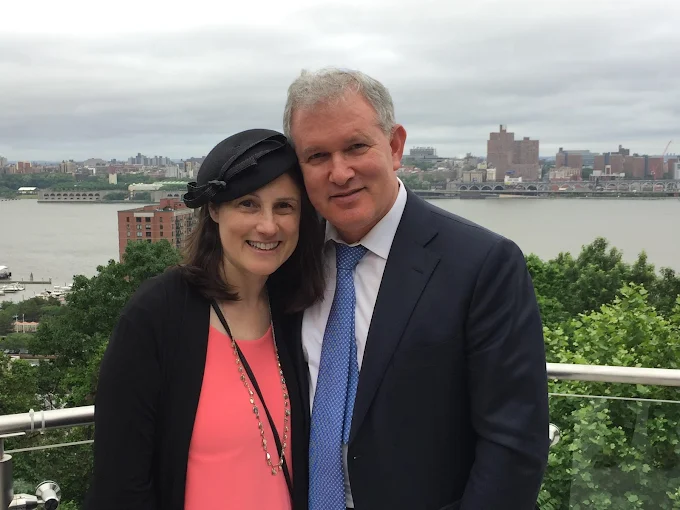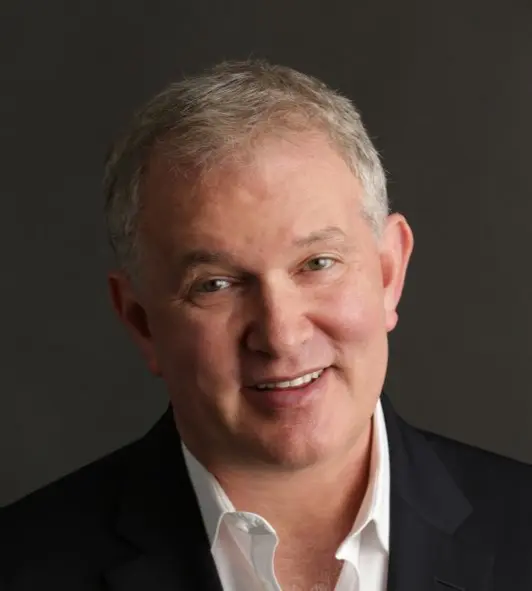Stephen Snyder, MD

Working to Improve Sex and Relationship Therapy, One Couple at a Time
A few decades ago, I set out to create better sex and relationship treatments that truly helped people, without the need for long-term therapy. Since then, I’ve developed new, innovative approaches to sex and intimacy concerns; written a best-selling book on sex in committed relationships; helped over 2,500 individuals and couples; and in the process become one of the most sought-after sex and relationship therapists in NYC and beyond.
I originally trained as a physician—which is rare in the sex and relationship world today. But I’ve found my medical skills to be extraordinarily helpful in this work. Sexuality bridges the mind and body, and you have to be mindful of both.
I graduated from the University of California San Francisco (UCSF) School of Medicine in 1983, served as a medical intern at UCSF’s Mt Zion Medical Center in San Francisco, then in a surprise move decided on a career in mental health.
I served as a resident in psychiatry at New York Hospital / Cornell University Med Ctr (now Weill Cornell) from 1984-87, then was a Fellow at Mount Sinai School of Medicine in NYC (now the Icahn School of Medicine at Mt Sinai) from 1987-89, then stayed on for a decade as Director of Mt Sinai’s Psychiatric Consultation Service.
I’ve always been more of a talking psychiatrist than a prescriber. While at Mt Sinai, I trained as a psychoanalyst at NYU’s Psychoanalytic Association of New York (PANY). I found the training extraordinarily valuable—and I’m still quite good at interpreting dreams. But in practice, I often saw better results with briefer, more active treatments.
While at Mt Sinai, I trained as a sex therapist at Mt Sinai’s Human Sexuality Program. This naturally led to an interest in couples and relationships. As a sex therapist, if you’re not also doing some form of relationship therapy, you’re just not paying attention.
At that time, sexual problems were typically treated with behavioral methods—mostly unchanged since the 1960’s—or with long-term therapy. Both tended to produce disappointing results. Clearly we could do better.
Sex therapy pioneer Helen Kaplan had written about differentiating between “immediate” causes of sexual problems (such as trying to have sex when you’re not feeling aroused) and “remote” causes (such as emotional deprivation in childhood). Remote causes can be quite important, but they’re not easily fixed. Immediate causes are a more natural bridge to getting better.
I found that a more thorough application of Kaplan’s ideas led to dramatically better results. For example, treatment of delayed ejaculation (DE) used to require months or even years. With careful attention to immediate causes, I found that many men with DE can be helped in a single session.
I began to lecture nationally and online on the methods I’d developed, and other therapists began to send me their most difficult cases. In 2000, with one child in diapers and another on the way, I moved into full-time private practice in Manhattan, and since then my professional life has been exclusively devoted to sex and relationship concerns.
I’ve been an active member of the Sexual Medicine Society of North America (SMSNA) and the Society for Sex Therapy and Research (SSTAR). I’ve been a presenter, workshop leader, and discussant at SSTAR national meetings, and at many other educational venues as well.
Serving for a decade as Chairman of the SSTAR Consumer Book Award committee, it struck me that no one had yet written a satisfactory book on understanding sexual emotions. So I resolved to write it myself. Love Worth Making was published in 2018, and I’ve been grateful for the warm welcome the book has received all over the world.
As any doctor or therapist will attest, your patients and clients are ultimately your best teachers, and I’ve been privileged to have the best teachers in the world. I deeply appreciate your trust, and I work hard every day to earn that trust. I’m still learning every day, one patient at a time. And I hope to keep learning, teaching, and innovating for a long time to come.

